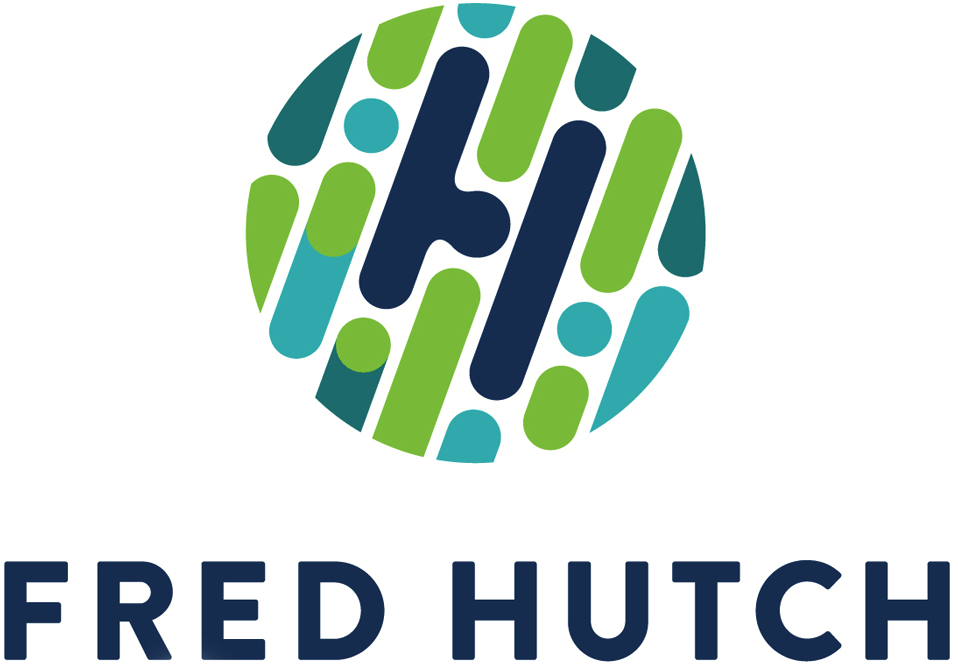Societal behavior, immunity and epidemic spread of COVID-19
Trevor Bedford (@trvrb)
13 Aug 2020
COVID-19 Medical Grand Rounds
UCSF Department of Medicine
Slides at: bedford.io/talks
Classic conception of population immunity and effect on transmission
$R_t = R_0 \times \frac{S}{N}$

Classically epidemic breaks when $R_t$ drops below 1 due to susceptible depletion

Classically epidemic breaks when $R_t$ drops below 1 due to susceptible depletion

However, behavior plays a huge roll in determining transmission
Early in the epidemic, we saw strong correlation between mobility and $R_t$

Timeseries of confirmed cases from March to July

$R_t$ estimates of exponential growth and decline through time

Observe immediate and significant societal responses


These responses drive $R_t$, first quickly downwards and then slowly upwards


$R_t$ depends on both societal behavior and population immunity
$R_t = R_0 \times \alpha \times \frac{S}{N}$

$R_t$ depends on both societal behavior and population immunity
$R_t = R_0 \times \alpha \times \frac{S}{N}$

Florida may have 15-20% cumulative incidence at this point
550k confirmed cases in a population of 21.5M
Expect to be catching perhaps 1 in 5 or 1 in 6 infections as a case
Suggests ~10 days ago about ~3M infections or ~14% of the state

If 20% of the population has recovered (and has immunity) we can behave as though $R_t$ is 1.25 and still get an epidemic that no longer propagates
Confirmed cases have plateaued or begun to decline

$R_t$ estimates also show continued declines

There has not been a strong societal response in Arizona or Florida (at least not according to mobility data)


$R_t$ has continued downward trend despite stable mobility


We see drops in $R_t$ of ~0.4. Most of this was driven by societal responses, but can easily imagine ~25% of reduction being from immunity
We still have an IFR of ~0.5%. "Herd immunity" is not the goal. But if a region can't suppress epidemic some population immunity will be a natural repercussion.
Acknowledgements
Bedford Lab:
![]() Alli Black,
Alli Black,
![]() John Huddleston,
John Huddleston,
![]() James Hadfield,
James Hadfield,
![]() Katie Kistler,
Katie Kistler,
![]() Louise Moncla,
Louise Moncla,
![]() Maya Lewinsohn,
Maya Lewinsohn,
![]() Thomas Sibley,
Thomas Sibley,
![]() Jover Lee,
Jover Lee,
![]() Kairsten Fay,
Kairsten Fay,
![]() Misja Ilcisin,
Misja Ilcisin,
![]() Cassia Wagner,
Cassia Wagner,
![]() Miguel Paredes,
Miguel Paredes,
![]() Nicola Müller,
Nicola Müller,
![]() Marlin Figgins,
Marlin Figgins,
![]() Eli Harkins
Eli Harkins





